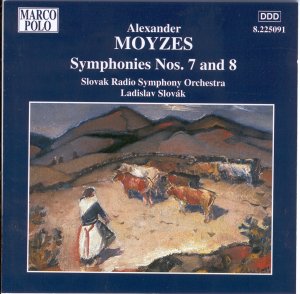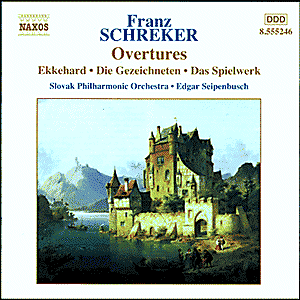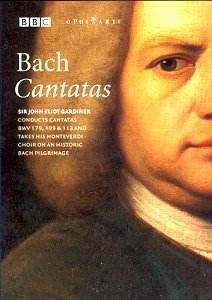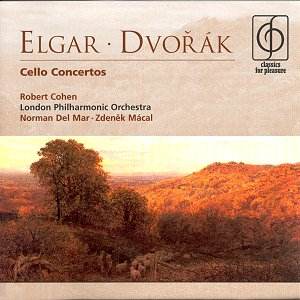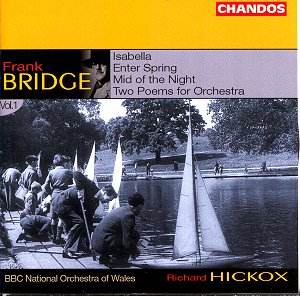 Composer: Frank Bridge
Composer: Frank Bridge
Works: Enter Spring, Isabella, Two Poems for Orchestra, Mid of the Night
Performers: BBC National Orchestra of Wales, Richard Hickox
Recording: Brangwyn Hall, Swansea, November 2000
Label: Chandos CHAN 9950
Frank Bridge, an underappreciated figure of the British early 20th-century music scene, emerges as a composer of rich emotional depth and orchestral mastery in this significant new release from Chandos. The compilation offers an insightful survey of Bridge’s stylistic evolution, showcasing works spanning from the turn of the century through the late 1920s. Each piece encapsulates a moment in Bridge’s journey, reflecting both his early influences and his mature voice, thus providing a comprehensive introduction for listeners and a valuable addition to the growing discography of this important composer.
The earliest work, Mid of the Night (1903), is striking for its ambitious orchestral writing, a trait that would characterize Bridge’s later output. While the influence of Tchaikovsky and Liszt is palpable, the work’s occasional moments of harmonic exploration hint at the distinct voice that Bridge would cultivate over time. Hickox and the BBC National Orchestra of Wales render this piece with a sense of historical context; the lush orchestration is carefully balanced, allowing the nuances of Bridge’s early stylistic preoccupations to emerge without overshadowing the underlying orchestral texture.
Moving forward to Isabella (1906), listeners encounter a notable evolution in structural complexity. Here, Bridge’s burgeoning lyricism is charmingly illustrated through the oboe’s theme, representing the titular character. The orchestration is not merely decorative but serves to deepen the emotional landscape of Keats’ poem. Hickox’s interpretation captures the warmth and lyricism inherent in the score, achieving a compelling blend of expressiveness and clarity. The orchestral color is particularly vivid, a testament to Bridge’s growing command over orchestral forces, making this work a delightful highlight of the album.
The Two Poems for Orchestra (1915) mark a further refinement in Bridge’s compositional language. These short works, inspired by texts from Richard Jefferies, reveal a transitional phase in Bridge’s oeuvre. The first piece, a Pastorale, is elegantly scored, with delicate woodwind lines that evoke a pastoral serenity reminiscent of Delius, while the second, a lively Scherzo, demonstrates a vibrant rhythmic vitality and rich textural interplay. Hickox’s direction ensures that the contrasting moods are distinct yet cohesive, allowing the listener to appreciate the nuances of Bridge’s burgeoning impressionistic tendencies.
Enter Spring (1927) stands as a crowning achievement of Bridge’s mature style. This rhapsody brims with exuberance and color, showcasing the composer’s mastery of orchestration at its zenith. The central pastoral section, which unfolds with a magical quality, exemplifies Bridge’s ability to create vivid soundscapes that evoke the essence of the season. Hickox’s pacing is impeccable; the work’s climactic moments are thrillingly realized, culminating in a grand peroration that encapsulates the joy of spring’s arrival. The engineering of the recording is equally commendable, providing a bright, spacious sound that captures the orchestra’s full dynamic range and color palette, allowing subtle details to shine through without detracting from the overall impact.
This release not only serves as an engaging introduction to Bridge’s output but also sets a promising precedent for the forthcoming volumes in the series. Hickox’s thoughtful interpretations, combined with the enthusiastic playing of the BBC National Orchestra of Wales, reveal the depth and charm of Bridge’s music. The recording quality is exemplary, further enhancing the listening experience. With its blend of early works and a mature masterpiece, this album stands as a significant contribution to the revival of interest in Frank Bridge’s compelling body of work.
